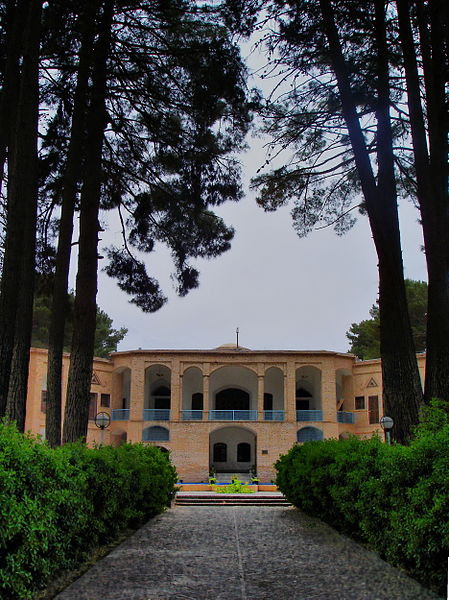September 27th, World Tourism Day
In the opinion of the United Nations, a tourist is someone who visits a country other than the country where he or she lives, provided that the visit is not intended to be occupied and profitable, and at least 24 hours and a maximum of three months in the host country .
World Tourism Day
Since 1980, the United Nations World Tourism Organization has been celebrating Sept. 27 every year as World Tourism Day. The Constitution of this day was approved by the World Tourism Organization on September 27, 1970. The selection and approval of this day is a turning point in global tourism. The goal of this day is to raise awareness about the role of tourism in the global community and to illustrate how tourism affects social, cultural, political and economic values around the world.What is Tourism?
The phenomenon of travel from one place to another and from one country to another, regardless of the purpose of immigration, employment or permanent residence, is tourism. According to the United Nations, "a tourist is someone who visits a country other than the country where he or she resides, provided that the visit is not for the purpose of obtaining a job and for profit, and at least 24 hours and a maximum of three months in the host country And travel for one of the following reasons: recreation, rest, vacation, family affairs, medical treatment, sports, religious affairs, mission or participation in medications."The History of Tourism
The history of tourism can be attributed to past. In the pre-Islamic period, some Greeks and Romans traveled to Iran. Some of them, like "Herodotus" and "Xenophon", wrote travelogues on the subject of visiting Iran. In the post-Islamic era, the first man who traveled from Iran to the west and wrote travel writings , was the Spanish Benyamin Teodla who, in 1159, Has traveled to various countries, including Iran.
In the past, men who had courageous in coping with problems for a long time in the deserts , and passing through high-risk routes to reach a city for a long time, called the saints, like Ibn Battutah, Nasser Khosrow, Marco Polo.
In the nineteenth century, the word saint was replaced by the tourist. At that time, French aristocrats traveled to complete their education and experience. These young people were then called tourists. Later, this term was used for people who travel to France for entertainment, spending time and traveling. This term was expanded over time to travel outside of France and was told by all those traveling abroad for their place of residence.
Historical information shows that travel for rest and recreation began from the beginning of the sixteenth century and cannot be considered the main motivation of famous tourists such as Ibn Battuta, Vascudogoma, Christopher Columbus and Marco Polo, and so on, having fun and relaxation. These were professional tourists who had taken steps to explore several new territories, trade, adventure, the recognition of other nations and other nations, or pilgrimages.





Comments
Post a Comment